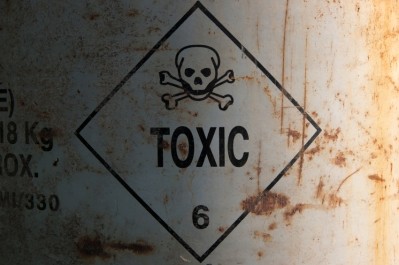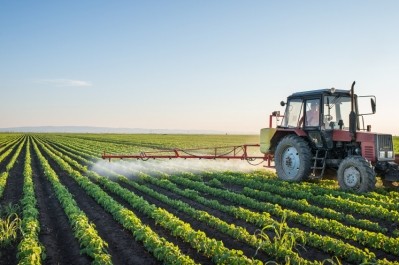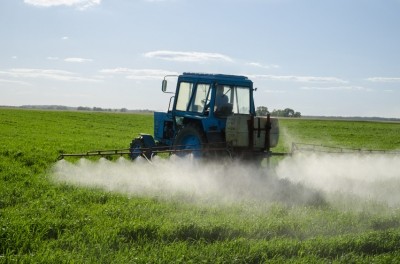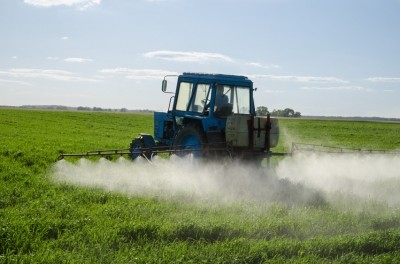Almost all Germans contaminated with glyphosate, warns study
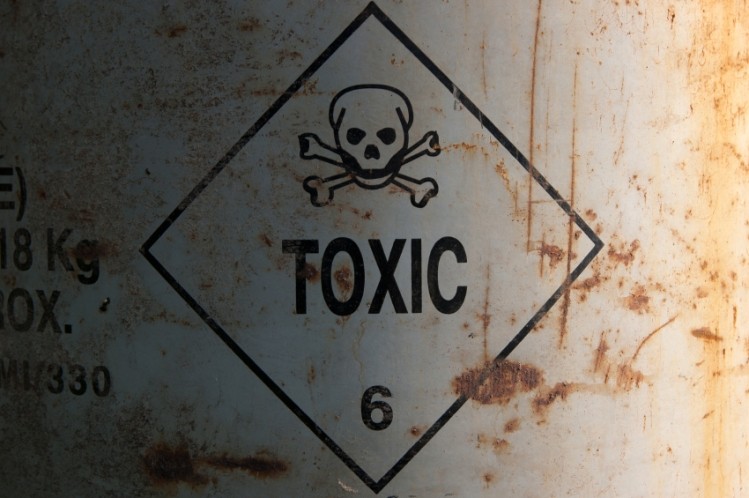
Professor Monika Krüger of the Berlin-based Heinrich Böll Foundation and author of the study analysing the level of glyphosate contamination in urine samples, also called on the German government to introduce a moratorium on the use of glyphosate until further research has been carried out.
The researchers reported that some 75% of their target group displayed levels of glyphosate contamination that were five times higher than the legal limit of drinking water.
The study was financed by its participants, who paid €50 each for the analyses.
Higher levels of contamination
Said to be the largest of its kind ever carried out, the study analysed glyphosate residue in urine and concluded that all but 0.4% of the German population have been contaminated by herbicide.
The most significant values were found in children aged from zero to nine years old and adolescents aged 10 to 19 years, particularly in those individuals raised on farms.
Meat-eaters also displayed higher levels of glyphosate contamination than vegetarians or vegans.
Krüger told FoodNavigator: “The most important finding in our research was the fact that glyphosate can be found and scientifically proven in urine and, of course, the surprisingly high level of contamination, which is five times the value legally permitted for glyphosate in drinking water.”
Krüger added the German government should be concerned enough by this report to initiate “further and more profound and precise studies” on the issue of glyphosate contamination and its health consequences.
She said: “The first decision to take should be a moratorium until we have further and more secured results on this issue – specifically concerning contamination of ground and drinking water, and of course to have a closer look at GMO-related issues. They should definitely look at the many studies in Europe and Argentina, concerning increasing health problems like cancer rates. On the other hand, the government has to have a closer look at soy imports from the US and Argentina, which are not only GMO, but positively highly contaminated by glyphosate.”
The shocking figures from the Heinrich Böll Foundation comes as EU regulators continue to debate proposals to extend authorization of glyphosate for 15 years until 2031.
The Standing Committee on Plant Animal Food and Feed, composed of experts from all 28 member states, began a closed-door meeting on Monday in Brussels.
Professor Krüger said: “The EU should not just permit this for such a long period without having more scientific certainty about environmental and health effects.
“The EU and the German government have to invest in research and relevant studies with much more representative numbers of participants than they did before. Glyphosate is a market of dozens of billions of euros. Therefore the least we can expect from governments is that they are responsible enough to pour some millions in further research to gain certainty. It’s their responsibility towards their citizens.”
Non-carcinogenic
Last year the International Agency for Research on Cancer (IARC), a branch of the World Health Organisation, classified glyphosate as a probable human carcinogen.
But in Europe, the German Federal Institute for Risk Assessment (BfR), acting on behalf of the European Commission and the European Food Safety Authority (EFSA), proposed to classify glyphosate as “non-carcinogenic.”
Agrichemical and biotech giant, Monsanto, which produces its herbicide glyphosate under the trade name RoundUp, said the company “strongly disagrees” with IARC's classification of glyphosate.
A spokesperson said the IARC had “overlooked decades of thorough and science-based analysis by regulatory agencies around the world and selectively interpreted data to arrive at its classification.”
The spokesperson added: “No regulatory agency in the world considers glyphosate to be a carcinogen. Regulatory agencies have reviewed all the key studies examined by IARC - and many more - and arrived at the overwhelming consensus that glyphosate poses no unreasonable risks to humans or the environment when used according to label instructions.”
Source: Heinrich Böll Foundation
Nachweis von Glyphosat im Urin freiwilliger, selbstzahlender Studienteilnehmer – Kampagne Urinale 2015
(Proof OIn The Urine Of Volunteering, Self-Paying Participants During The Urinale 2015 Campaign)
Author: Professor Monika Krüger
